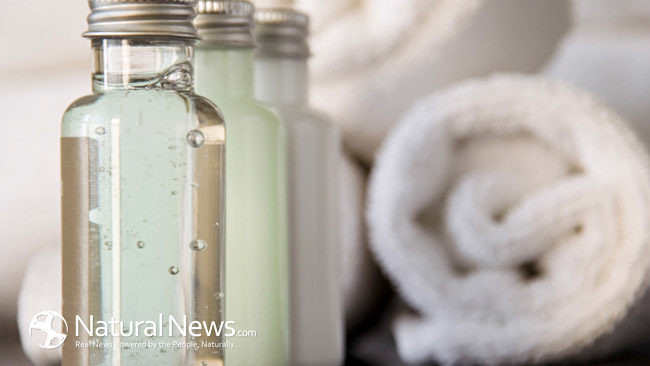It is estimated that antibiotic resistance causes Americans upwards of $20 billion in additional healthcare costs every year stemming from the treatment of otherwise preventable infections. However, often the wrong antibiotic prescription or over-dependency on antibiotics can actually do more harm then good.
As a result, many infectious diseases have become difficult to treat; in some cases, no treatment options exist. The search for new antibiotics must accelerate to avoid returning to the ‘pre-antibiotic’ era. Ancient remedies, including essential oils and their components, have been explored on a limited basis as a source of new antimicrobials.
Why essential oils?
According to study, it is possible for bacteria to become resistant to essential oils, but it’s unlikely because the oils contain hundreds more chemical compounds than antibiotic medications, making it difficult for bacteria to adapt to the oils.
Recent research show many positive effects essential oils can have on our health, and it seems as though they hold the potential to help us in some fascinating ways.
Researchers believe that one mechanism by which the oils work is by weakening the cell wall of resistant bacteria, thereby damaging or killing the cells while also allowing the antibiotic in.
Essential oils that act as antibiotic
Oil of oregano
Oil of oregano is considered anti-microbial, antibacterial, anti-parasitic, anti-viral, and anti-fungal. It can be used internally and externally in the treatment of wounds, respiratory problems, digestive upset, and even the common cold.
Cinnamon oil
Cinnamon oil is a very strong antiseptic. This oil can contain a high proportion of phenols. It has been classified as one of the strongest antiseptics and antivirals in nature. One source states that the essential oil destroyed a culture of the typhoid bacillus in less than half an hour.
Tea tree oil
Tea Tree Essential Oil act as an antibacterial, antimicrobial, antiseptic, antiviral, balsamic, cicatrisant, expectorant, fungicide, insecticide, stimulant and sudorific substance. It inhibits fungal growth and cures diseases like dermatitis and Athlete’s Foot.
Thym oil
Thyme Oil Anti-Spasmodic, Antiseptic, antibacterial, properties it kell infection and can can guard wounds against infections.
Sources:
http://draxe.com/oregano-oil-benefits-superior-prescription-antibiotics/
http://samaritanministries.org/essential-oils-used-to-treat-antibiotic-resistant-infections/





